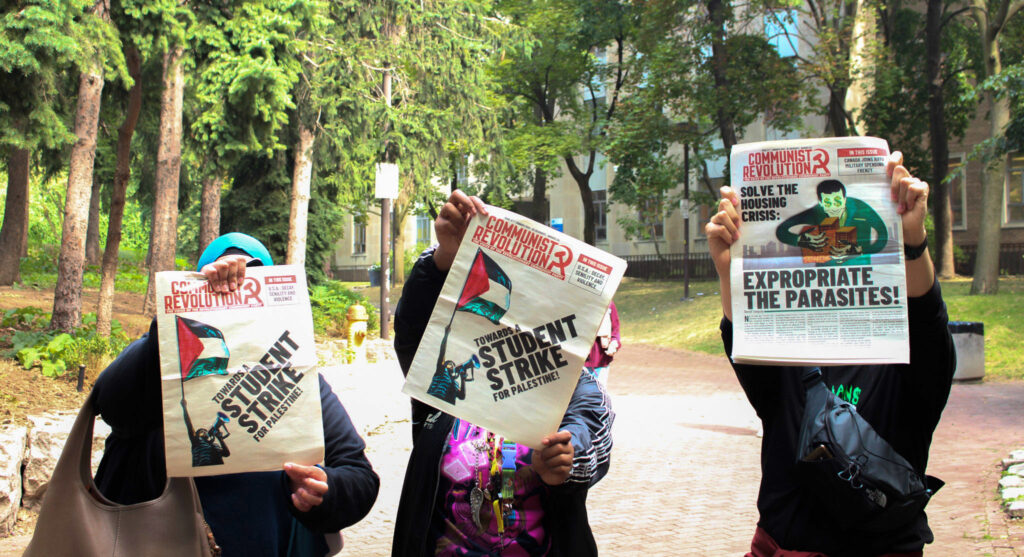
Listen to the whole story here:
The new campus protest policy for Western University went into effect just before the beginning of the fall semester, and in response to student complaints, the university hit pause on implementing the new policy this week. The new policy would have required student groups to get permission from Campus Safety and Emergency Services (CSES) five days before hosting a protest and prohibiting advertising of said protest before it has been approved.
“[The university] recently paused [the policy] so it is kind of a good thing right now that it is not going through, but we don’t really know what the future policy will be, so we’re standing by cautiously about it,” said Marek Brooking, a fourth-year political science student at Western University.
“There’s a couple things [in the policy] that are very problematic like needing to notify [CSES] five days before, which doesn’t really work if its a global event or a small protest group,” said Brooking, “the second one would be that it requires private prior approval from the university, which means they can pick and choose who gets to protest and who gets to say what they want to say.”
The paused policy requires individuals to provide the CSES with information including the purpose of the protest, the organizer’s contact information, the date, time, and proposed location, and finally the amount of people expected to attend.
Western’s 2018 Freedom of Expression policy stated that “all members of the university’s community have the right to question, advocate for and comment on any issue, including the right to criticize the university and society at large.”
James L. Turk, Director of the Centre for Free Expression at TMU said, “the policy itself is terrible, and it’s a direct contravention of the universities own policy on freedom of expression.”
If reinstituted, the new policy would ensure protests could only take place between 12 – 6 p.m. Monday to Friday.
“I guess this is happening because of what is going on in Israel and Gaza,” said Turk, “any expression of support towards Palestine is seen as antisemitism, and for people who are concerned about what’s happening to Palestinians, they feel that there is a moral obligation to try to stop the killing of tens of thousands of people.”
“I think it was definitely because we had a lot of strong protests last school year,” said Brooking, “there was obviously the encampment over the summer, and then some Palestinian protest and quite a few Zionist protests, so I feel [the university] felt threatened and they wanted to dial it down a bit, but at the end of the day it is the students right and they should be able to do what they want, whether the university likes it or not.”
Turk added, “I think that Western responding by saying, we’re going to put a lid on this kind of protest, and they put a really aggressive lid on it.”
The Western Muslim Student Association posted a statement to their Instagram account saying that they are “deeply disturbed” by the new policy and that “the policy places excessive and undue restrictions on students’ right to protest and their freedom of speech on their University campus.”
In a Message to the Community, the university wrote, “our community is asking for further consultation on these matters, and we are listening.”
Reporter, On The Record, Fall 2024

